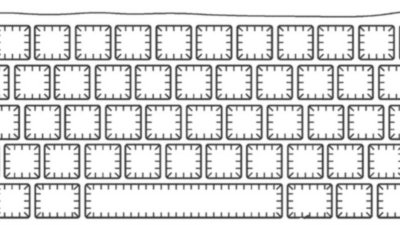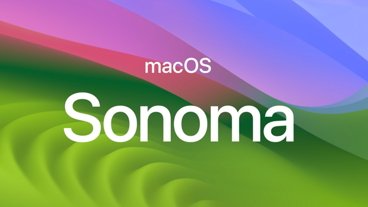Oracle and Apple announce OpenJDK Project for Java on Mac OS X
With the OpenJDK project for Mac OS X, Apple will contribute most of the key components, tools and technology required for a Java SE 7 implementation on Mac OS X, including a 32-bit and 64-bit HotSpot-based Java virtual machine, class libraries, a networking stack and the foundation for a new graphical client. OpenJDK will make Apple's Java technology available to open source developers so they can access and contribute to the effort.
"We are excited to welcome Apple as a significant contributor in the growing OpenJDK community," said Hasan Rizvi, Oracle’s senior vice president of Development. "The availability of Java on Mac OS X plays a key role in the cross-platform promise of the Java platform. The Java developer community can rest assured that the leading edge Java environment will continue to be available on Mac OS X in the future. Combined with last month’s announcement of IBM joining the OpenJDK, the project now has the backing of three of the biggest names in software."
Apple also said that Java SE 6 will continue to be available from Apple for Mac OS X Snow Leopard and the upcoming release of Mac OS X Lion. Java SE 7 and future versions of Java for Mac OS X will be available from Oracle.
"We’re delighted to be working with Oracle to insure that there continues to be a great version of Java on the Mac," said Bertrand Serlet, Apple’s senior vice president of Software Engineering. "The best way for our users to always have the most up-to-date and secure version of Java will be to get it directly from Oracle."
Java is a general purpose software development platform that is specifically designed to be open and enable application developers to "write once, run anywhere." The Java platform is most widely used in business software, Web and mobile applications.
In October, Apple announced it would deprecate Java for Mac OS X, meaning the company would no longer issue its own updates for Java. Apple's note said that the Java runtime could be removed altogether from future versions of Mac OS X.
An e-mail claimed to be from Apple CEO Steve Jobs said that his company decided it would no longer develop their own Java for Mac because their updates were always a version behind the official releases from Oracle and Sun. Jobs allegedly said that the current method "may not be the best way to do it."
 AppleInsider Staff
AppleInsider Staff



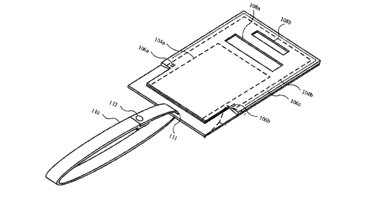






 Malcolm Owen
Malcolm Owen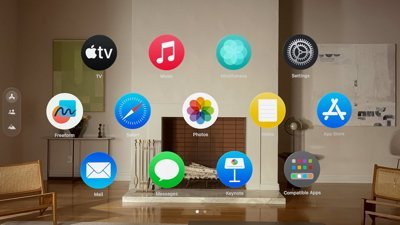
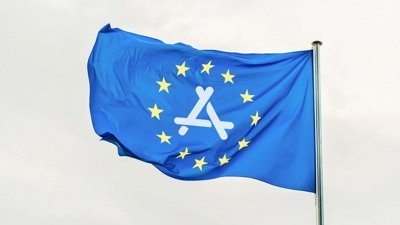
 William Gallagher
William Gallagher
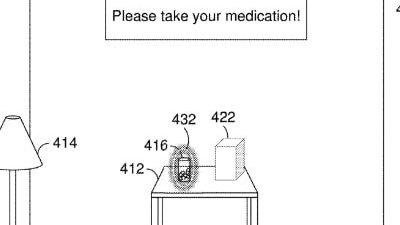
 David Schloss
David Schloss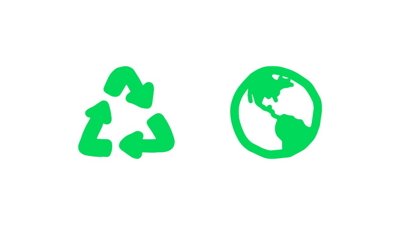
 Amber Neely
Amber Neely